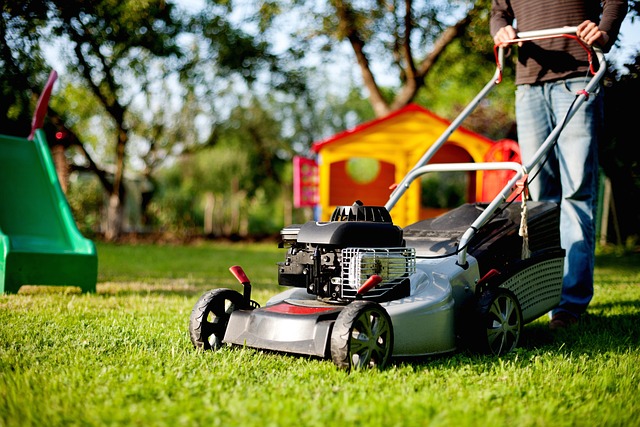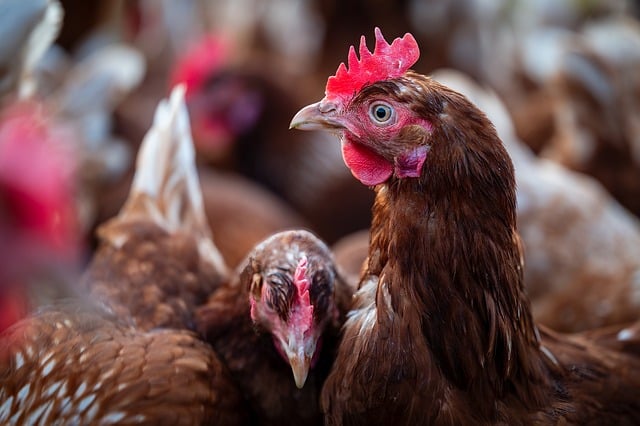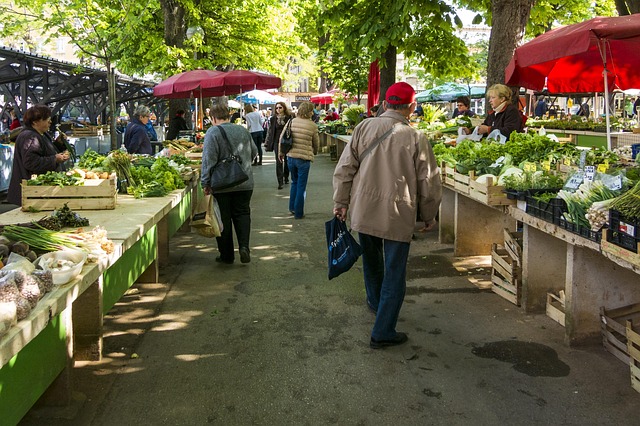Leaf collection and mulching are essential practices for maintaining a healthy yard while promoting environmental conservation. Through careful removal, leaves are prevented from smothering grass or becoming pest habitats, enhancing lawn aesthetics. Mulching recycles organic material into nutrient-rich soil, retaining moisture, suppressing weeds, and moderating temperature, thereby fostering plant growth. These eco-friendly practices divert yard waste from landfills, reducing greenhouse gas emissions and supporting a circular economy. By implementing efficient Yard Waste Removal and Recycling strategies, including the use of specialized equipment for leaf collection and mulching programs, we can enhance soil health, reduce irrigation needs, and contribute to a healthier ecosystem.
Looking to transform your yard? Discover the power of leaf collection and mulching—a dynamic duo for any green space. This comprehensive guide explores the art of efficient leaf removal, its environmental benefits through recycling, and how it contributes to a healthier, more vibrant landscape. By understanding these processes, you’ll unlock a sustainable approach to yard waste management, ensuring your outdoor space not only looks pristine but also promotes ecological balance. Get ready to delve into the world of responsible yard care.
- Understanding Leaf Collection and Mulching: Benefits for Your Yard
- The Process of Efficient Leaf Removal and Mulch Application
- Environmental Impact and Sustainability through Yard Waste Recycling
Understanding Leaf Collection and Mulching: Benefits for Your Yard

Leaf collection and mulching are essential practices for maintaining a healthy and vibrant yard. By understanding the benefits of these processes, homeowners can contribute to their environment while enhancing their outdoor spaces. Leaf collection involves gathering fallen leaves, which not only improves the aesthetic appeal of your lawn but also prevents them from smothering grass or creating breeding grounds for pests.
Mulching, on the other hand, recycles organic material back into the soil, providing essential nutrients that support plant growth. It helps retain moisture in the ground, reduces weed growth, and moderates soil temperature. In terms of yard waste removal and recycling, these practices play a crucial role in environmental conservation by diverting organic matter from landfills and turning them into valuable resources for your garden.
The Process of Efficient Leaf Removal and Mulch Application

The process of efficient leaf removal and mulch application begins with a thorough assessment of the yard. Collect fallen leaves using specialized equipment like leaf blowers or rakes, ensuring minimal disturbance to the surrounding grass and plants. This step is crucial for effective yard waste removal and recycling, as it prevents potential damage and promotes a healthier garden ecosystem.
Once collected, the leaves are transported to a suitable location for processing. Here, they undergo mulching—a process that transforms the leaves into nutrient-rich compost. Mulch not only enhances soil fertility but also acts as a natural insulator, conserving moisture and suppressing weed growth. This eco-friendly approach to yard waste management reduces the need for chemical fertilizers and herbicides, contributing to a greener and more sustainable environment.
Environmental Impact and Sustainability through Yard Waste Recycling

The practice of yard waste removal and recycling, particularly through leaf collection and mulching programs, plays a significant role in enhancing environmental sustainability. By properly managing organic materials like leaves and grass clippings, communities can reduce the amount of waste sent to landfills. This is crucial as traditional disposal methods contribute to greenhouse gas emissions and soil contamination. When recycled, yard waste can be transformed into valuable resources such as mulch, which finds its way back into local landscaping, promoting a circular economy.
Additionally, recycling yard waste diverts substantial quantities of carbon dioxide from the atmosphere. Mulch derived from organic matter helps improve soil health by enriching it with nutrients and increasing water retention, thereby supporting plant growth and reducing irrigation needs. This sustainable practice not only minimizes environmental impact but also fosters a healthier ecosystem, making it an integral part of modern waste management strategies.
Leaf collection and mulching are simple yet powerful practices that significantly enhance yard aesthetics and health. By efficiently removing leaves and applying mulch, homeowners can promote a lush, vibrant garden while reducing waste. Moreover, recycling yard waste through composting and mulching contributes to environmental sustainability by minimizing landfill strain and enriching soil fertility. Embracing these eco-friendly methods not only beautifies your property but also fosters a more sustainable community. So, take control of your yard’s future and consider the positive impact of proper leaf management and recycling.














